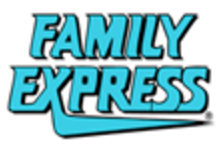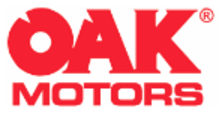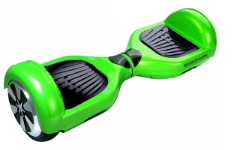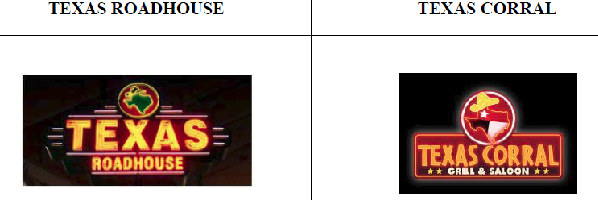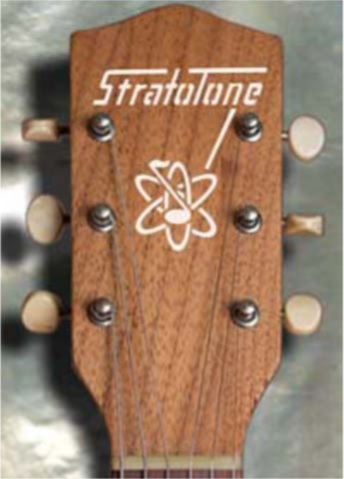South Bend, Indiana – An Indiana trademark attorney for Plaintiffs National Association of Forensic Counselors, Inc. (“NAFC”) and American Academy of Certified Forensic Counselors, Inc. d/b/a American College of Certified Forensic Counselors (“ACCFC”), both of Fort Wayne, Indiana, commenced litigation in the Northern District of Indiana alleging trademark infringement.
Plaintiffs offer certifications, for example “Master Addictions Counselor,” to individuals working with criminal offenders in the fields of criminal justice, corrections, addictions and mental health. Defendants in this litigation include individuals as well as organizations offering such services. They are as follows:
NARCONON INTERNATIONAL of California; NARCONON OF GEORGIA, INC. of Georgia; FRIENDS OF NARCONON INTL. of California; PREMAZON, INC. of California; NARCONON SPRING HILL, INC., d/b/a SUNCOAST REHABILITATION CENTER of Florida; BEST DRUG REHABILITATION, INC. of Nevada; A LIFE WORTH LIVING, INC. d/b/a NARCONON COLORADO – A LIFE WORTH SAVING of Colorado; NARCONON FRESH START, INC. of California; NARCONON SOUTH TEXAS, INC. of Texas; NARCONON EASTERN UNITED STATES, INC. of Virginia; ASSOCIATION FOR BETTER LIVING AND EDUCATION INTERNATIONAL of California; RELIGIOUS TECHNOLOGY CENTER of California; NARCONON FREEDOM CENTER, INC. of Michigan; GOLDEN MILLENNIUM PRODUCTIONS of California; INTERNATIONAL ACADEMY OF SPECIALISTS of California; GREATCIRCLE STUDIOS of Florida; CHURCH OF SCIENTOLOGY INTERNATIONAL of California; ROYALMARK MANAGEMENT of California; ROBERT J. HERNANDEZ of California; ROBERT “BOBBY” WIGGINS of California; JONATHAN BEAZLEY of California; JOSEPH GUERNACCINI of California; PHILIP R. KELLY II of California; THOMAS GARCIA of Florida; CLARK CARR of California; MICHAEL DAPALMA of California; DAVID MISCAVIGE of California; NICHOLAS THIEL of Michigan; DAVID S. LEE of Indiana; RICHARD “MATTHEW” HAWK of Louisiana; MARY RIESER of Georgia; ANTHONY BYLSMA of California; KENNETH POMERANCE of Florida; JAMES “JIM” WOODWORTH of Louisiana; CARL SMITH of California; JONATHAN MROETTI of California; GLEN PETCAVAGE of Colorado; DAPHNA HERNANDEZ of California; LURIA K. DION a/k/a KATHY DION of California; and NARCONON OF NORTHERN CALIFORNIA d/b/a NARCONON VISTA BAY d/b/a NARCONON REDWOOD CLIFFS of California.
As part of its certification program, Plaintiffs utilize a federally registered trademark, which is included in Plaintiffs’ logo:

NAFC and ACCFC allege that Defendants have infringed its trademark, which has been registered by the U.S. Patent and Trademark Office as Federal Trademark Registration No. 3,585,933. Defendants are also accused of misusing Plaintiffs’ certifications and logos.
The following violations of law have been alleged by Plaintiffs:
• Federal Trademark Infringement
• Common Law Trademark Infringement
• Federal Infringement Pursuant to 15 U.S.C. §1125• Civil Conspiracy
Plaintiffs seek various forms of redress including preliminary and permanent injunctive relief, damages, costs and attorney’s fees.
 Indiana Intellectual Property Law News
Indiana Intellectual Property Law News




